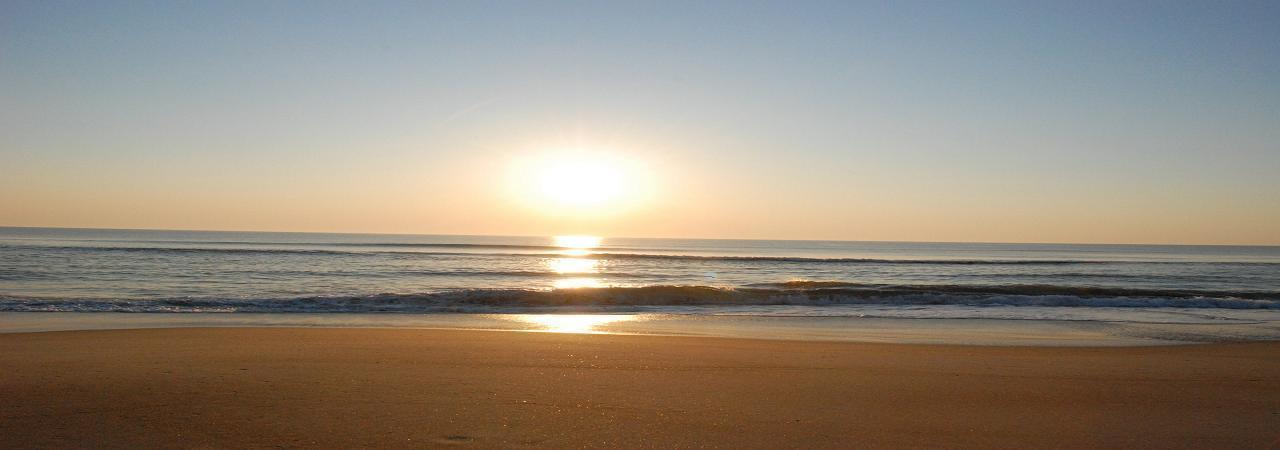If Phil Murphy wins the New Jersey governorship and succeeds in establishing a New Jersey state-owned bank, expect a wave of public banks to follow, as more and more elected officials come to understand how banking works and to see the obvious benefits of establishing their own.
Phil Murphy, a former banker with a double-digit lead in New Jersey’s race for governor, has made a state-owned bank a centerpiece of his platform. If he wins on November 7, the nation’s second state-owned bank in a century could follow.
A UK study published on October 27, 2017 reported that the majority of politicians do not know where money comes from. According to City A.M. (London) :
More than three-quarters of the MPs surveyed incorrectly believed that only the government has the ability to create new money. . . .
The Bank of England has previously intervened to point out that most money in the UK begins as a bank loan. In a 2014 article the Bank pointed out that “whenever a bank makes a loan, it simultaneously creates a matching deposit in the borrower’s bank account, thereby creating new money.”
View original post 1,094 more words



